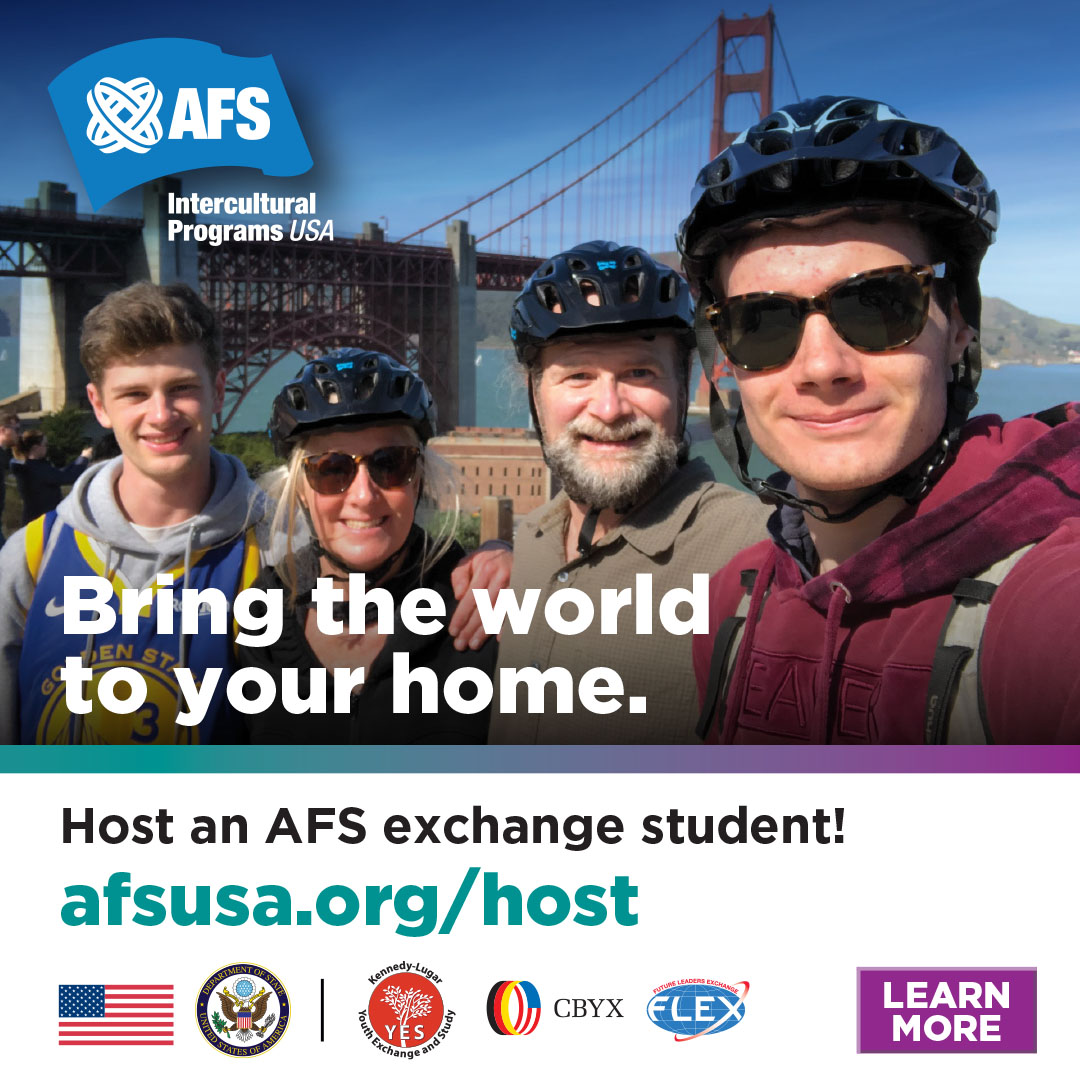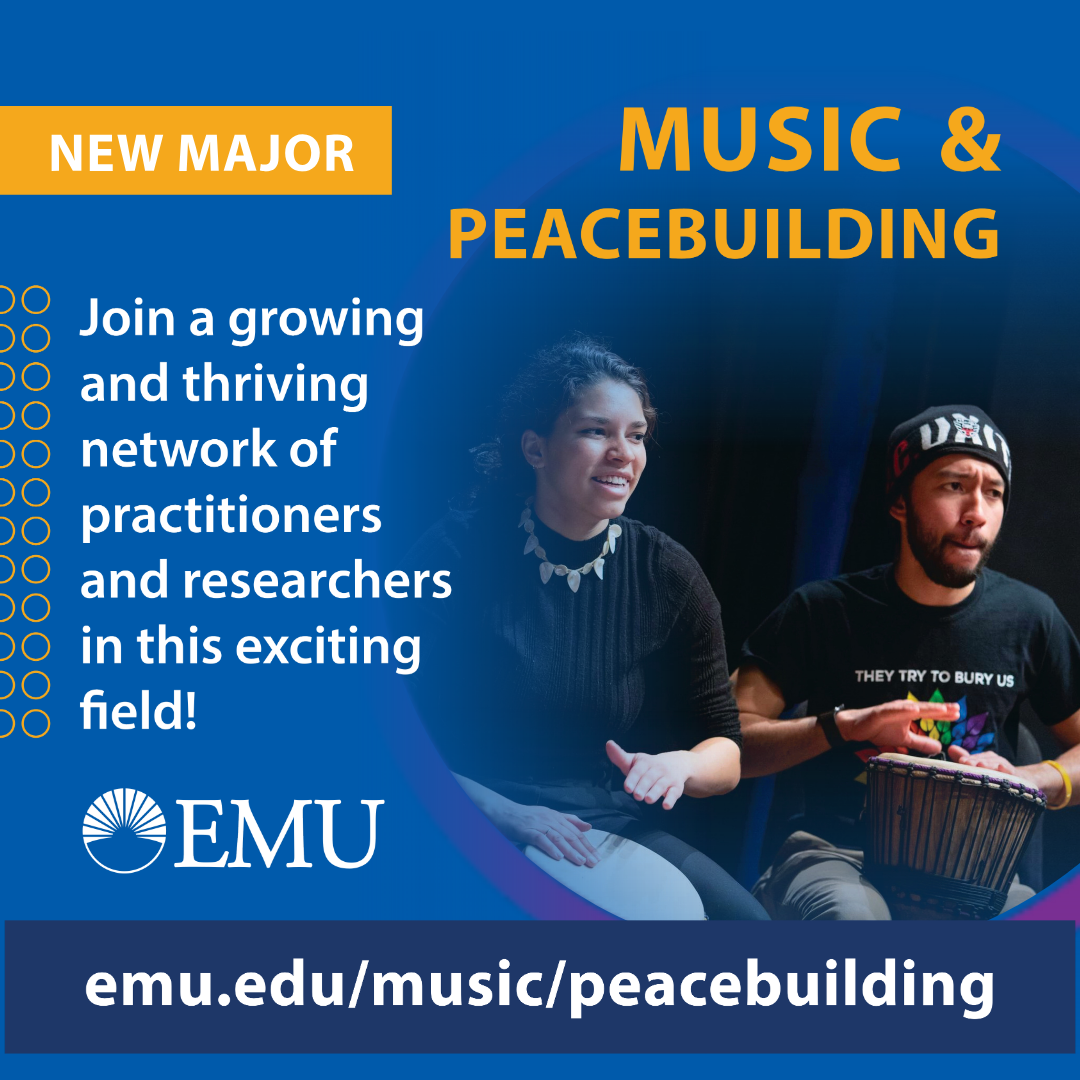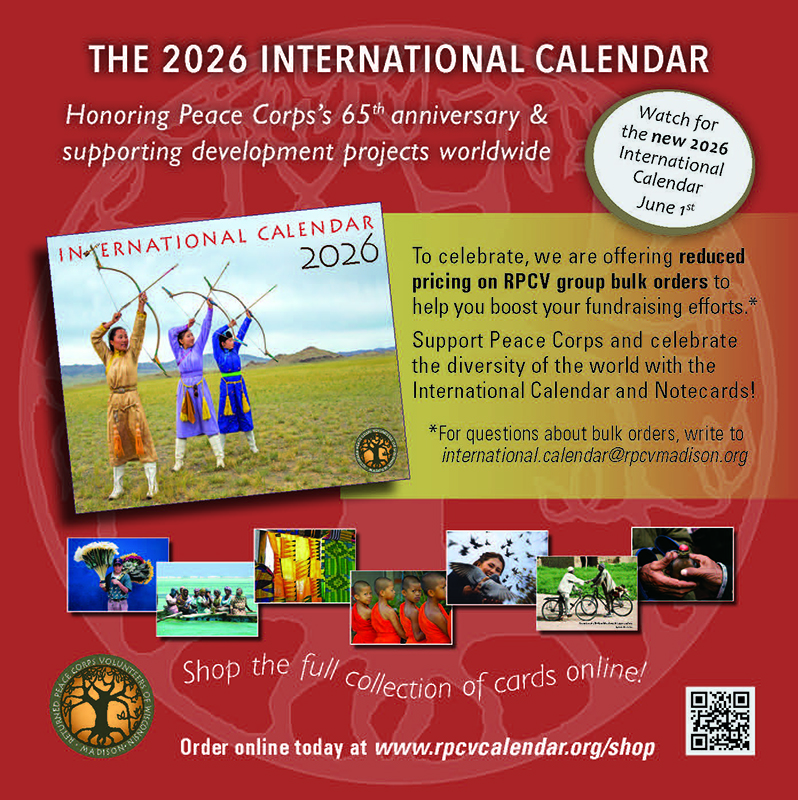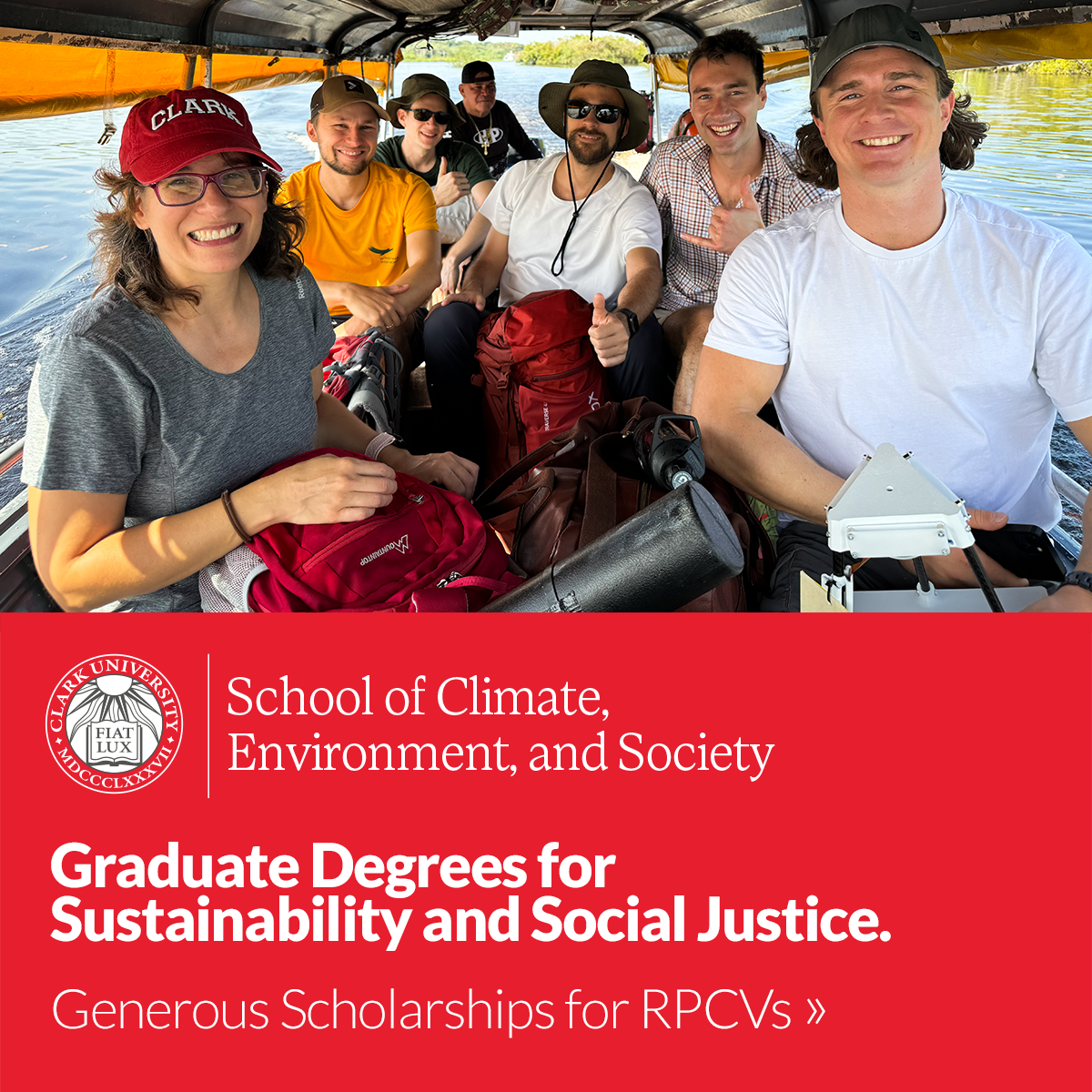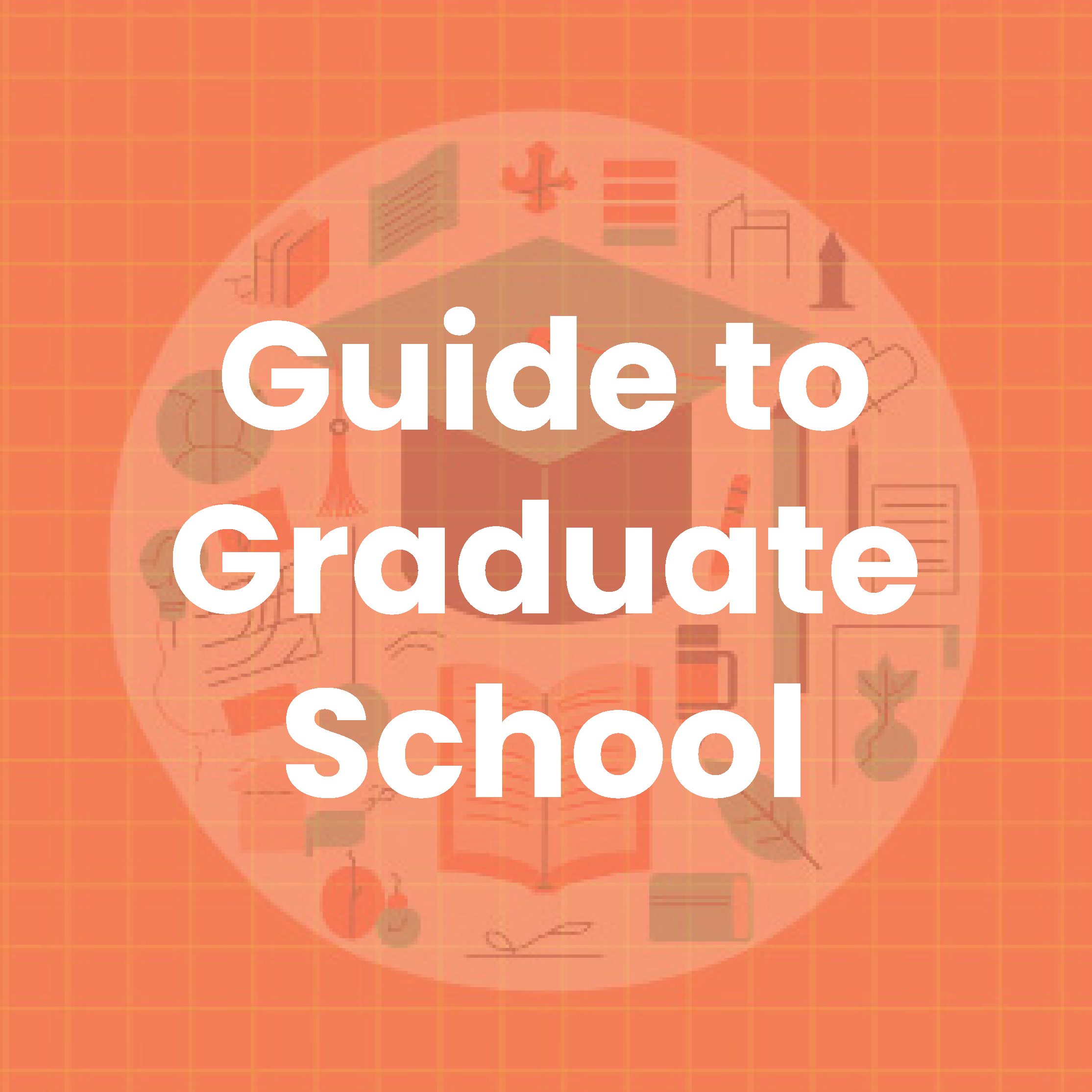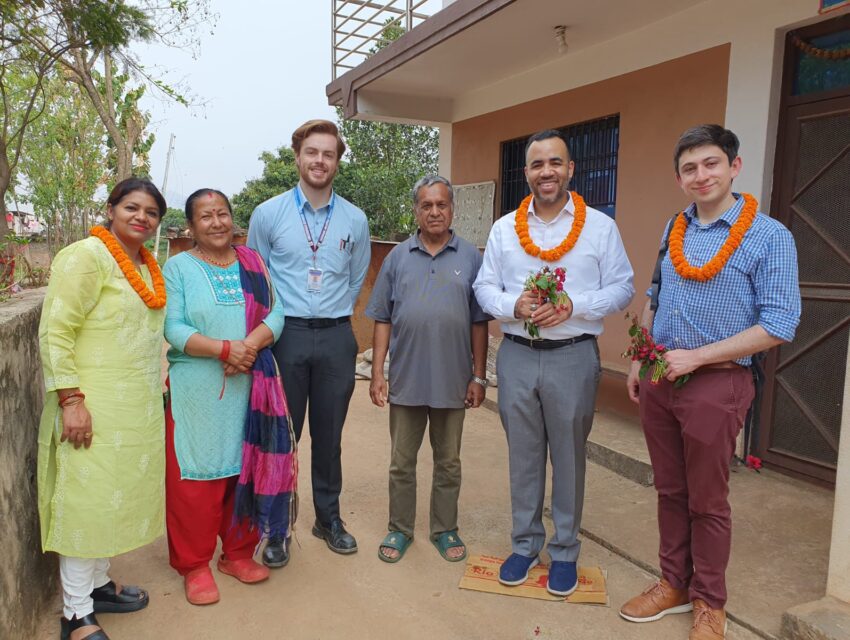
A Seat at the Table
Peace Corps Deputy Director David White on the power of diversity in service
David E. White Jr. was unanimously confirmed by the U.S. Senate and sworn in by Director Carol Spahn as the 14th Deputy Director of Peace Corps on December 29, 2023. Previously, White held high-level positions at the Department of State and the White House. White began his career in public service as a cavalry officer in the U.S. Army and served on active duty in Kandahar, Afghanistan, from 2011 to 2012. He is a graduate of the U.S. Military Academy at West Point and earned his law degree, cum laude, from Harvard Law School.
He recently spoke with Munson Steed, publisher of Rolling Out, about his life in public service and how service opportunities like Peace Corps can offer young people of color the chance to excel and help bring Americans together for the greater good.
This interview has been excerpted from Rolling Out and edited for clarity and brevity.
Welcome to Rolling Out: A Seat at the Table. I am so proud to have here the Deputy Director of the Peace Corps, my dear brother David White. How are you?
Fantastic. It’s a real privilege to be sitting down with a legend like you. Under your leadership, Rolling Out has helped move Black culture in a positive way. So, I appreciate that, and it’s great to be here today.
Well, thanks for that. Culture, young people, purpose—the Peace Corps clearly has a tradition of these things, but many may not know the value proposition that it offers both to their career and to their purpose. Can you share some insights about how we should assume our seat at the table at the Peace Corps?
Absolutely. So, we’ve got to have a seat at the table. We’ve got to have a seat at every table, and that includes foreign policy, international affairs, and being evolved as a global citizen. That’s what it means to be a part of the Peace Corps. The Peace Corps has a long legacy and an exciting future.
We’ve got more than 240,000 Americans who have served in 143 countries. So, when we talk about Black and Brown people being at the table, we’re talking about U.S. ambassadors who started their career as Peace Corps Volunteers. We’re talking about folks in Congress, in both the House and Senate, who started their careers as Peace Corps Volunteers. There are few better ways than being a Peace Corps Volunteer to get involved and really have an impact in the world.
If you were giving a speech at Howard [University], or going down to Morehouse [College], or Fisk [University] or Spelman [College], and you were going to give a graduation speech, what would the title of that speech be? What would you challenge them to do as it relates to having a role in bringing peace and diplomacy to the world?
Here’s what I would talk about: The Peace Corps is not idealistic. The Peace Corps was formed in 1961 on [the basis of] a simple yet boldly profound question. That question was, would Americans be willing to go abroad, live in some of the most rural communities for two years? Work in partnership with people with very different lived experiences from their own, while learning the language [and] embracing their cultures, to build bridges of understanding to further our mission of world peace and friendship? More than six decades later, we know the answer to that question. It has been and continues to be an overwhelming yes.
I would tell that commencement audience that we are at a decisive moment in world history. We’re facing a lot of challenges. We’ve got global conflict and wars. Now more than ever, it’s important that we’re working on peace and friendship. We’ve also got the largest generation of youth in history coming of age right now, and they’re taking their place among global leaders. Today, we’ve got about 1.2 billion young people between the ages of 15 and 24 across the planet. And nearly 90 percent of them—90 percent—are living in low-income and developing countries.
And let’s talk about Africa for a minute. The median age across Africa today is just 19 years old. By the year 2050, one in four people in the world will be living in Africa. Some people look at these demographic trends, Munson, and they think, “Well, this is a challenge that has to be confronted.” But here at the Peace Corps, we see that as an opportunity to be embraced. We see that as an opportunity to work with the leaders of today and tomorrow to develop skills and pursue opportunities that stem the tide of irregular migration, that gives a chance for folks to invest in their own communities.
I know it’s not going to be easy, but I would tell these folks who want to get out there after they’re graduating from college that life begins at the end of your comfort zone, and so you got to jump right in there, take it by the horns—and there’s no greater way to do that than with the Peace Corps.
Just for some career insights, what are two or three skill sets that you think young people who choose this opportunity at the Peace Corps can actually benefit from? And why should we be in these spaces, in these countries in Africa that need to see young African American leaders and create those friendships for our lifetime?
Absolutely. So, we are really fortunate being Americans, in the sense that no matter what country we go to or whom we go to negotiate a treaty with, or a multilateral agreement, we can field a diplomat from that country, who’s from that diaspora living here in the United States. Whether we’re working with the People’s Republic of China, or we’re working with Mexico, or we’re working with the UK, we have someone who came from that place, whose family is from that place, because we are indeed a nation of immigrants.
That is the strength of America and the Peace Corps: that diversity, that lived experience that we’re able to bring to bear. On your question specifically—why the Peace Corps, and the types of things folks are going to be able to get from it: first off, adaptive leadership skills. It is a huge opportunity to basically learn a language in those first three months, because Peace Corps service is really a 27-month commitment. It’s three months of pre-service training where you’re learning the language, learning about the people you’re going to be working with, and really getting integrated into your community. And then in those two years, you’re getting to know your neighbors, you’re getting to know that community, rolling up your sleeves.
I would also tell you that Peace Corps Volunteers are overrepresented in the State Department, in the Millennium Challenge Corporation, at USAID and so many other agencies in government because they recognize the Peace Corps as a fantastic stepping stone to a career in public service. But I’d also tell you it can be immensely helpful if you want to go into business. Reed Hastings, the founder of Netflix, was a Peace Corps Volunteer. So, there is every opportunity available to young people who want to serve their country abroad, and they should consider doing it through the Peace Corps.
Lastly, this wasn’t something you had to do. From West Point to Harvard, you chose a road of service. Why is serving our country important for all of us to understand, and particularly the Black community? Those who want to leave Chicago or Detroit and go see the world. Why did you choose to serve your country?
I would kind of circle back to what you said before. It’s about having a seat at the table. By serving the country and being a Black or Brown person, you have a seat at the table. You can ensure that your community is not left behind. Now me, I’m a third-generation military veteran. Service is really imprinted on my DNA. My dad served in the Army, a grandfather in the Navy. My brother also went to West Point. He also serves in government. I’ve got a brother-in- law and my sister supported him in the Marine Corps.
So, we’re a military family. But it’s beyond the military. It’s really about public service at the end of the day. I believe America is great. It provides great promise. We have a great vision when it comes to the American dream. But there’s always going to be that gap between what we aspire to be, as a people, as a country, and who we are at any given moment. And our job is to be able to close that gap little by little, to be able to make today’s America better reflect that promise that was made so many years ago. And it takes a diverse set of folks with lived experience to really get there. So, I think of the Peace Corps as being an inclusive environment for everyone to serve. I talk about the Peace Corps as being “America’s agency,” and I would love to see more Black and Brown folks signing up and serving with the Peace Corps.
Related Articles
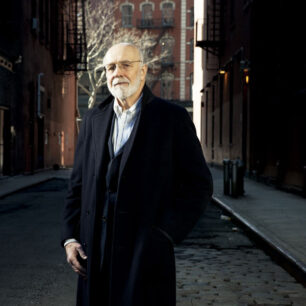
Made in America
Charlie Clifford (Peru 1967–69) is the founder of Tumi Inc., a global travel luggage brand, as well as Roam Luggage.…
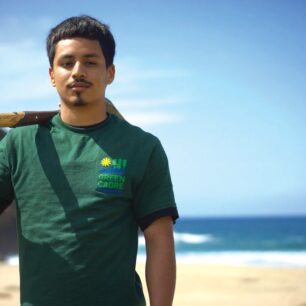
“Bigger Than Peace Corps”
California Service Corps is the largest state-based service program in the U.S. , with more than 10,000 volunteers across the…
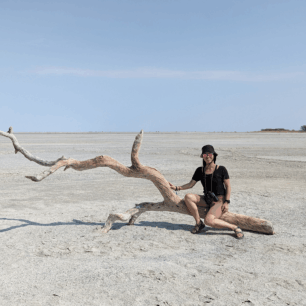
Signal Boost
The digital world is awash in voices seeking monetary reward or improved social status, as the online acronym goes, IRL…
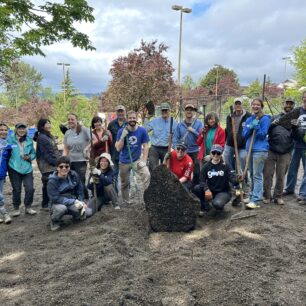
Garden of Refuge
As part of our commitment to continued service, the Seattle Peace Corps Association (SEAPAX) is partnering with World Relief Western…

